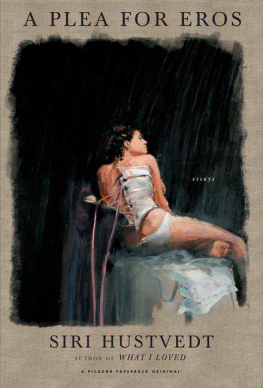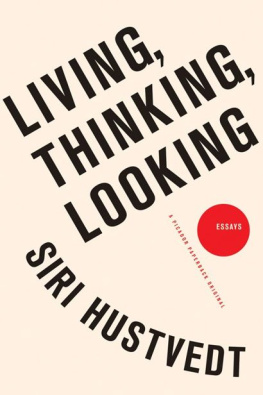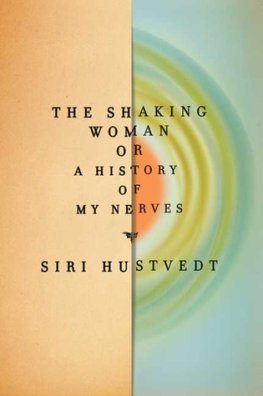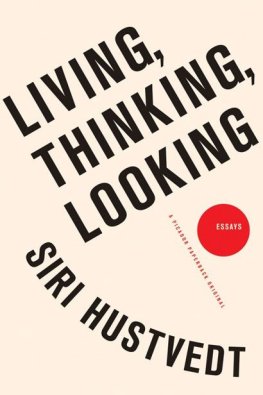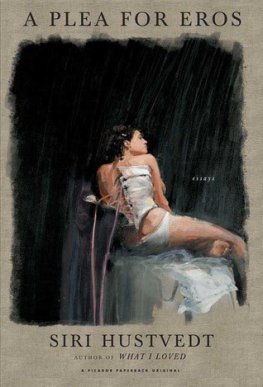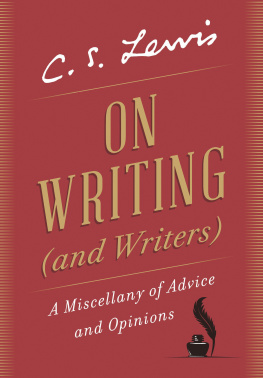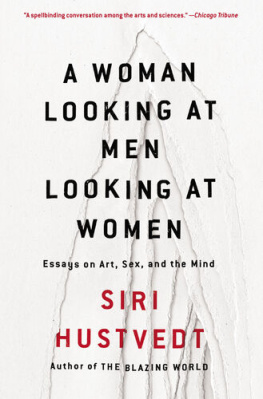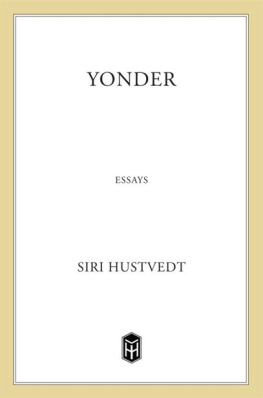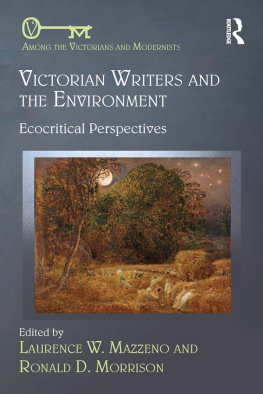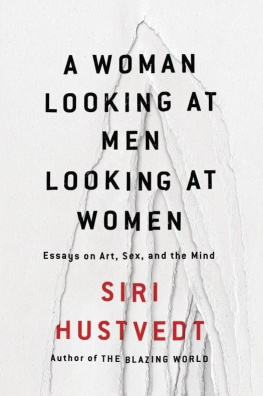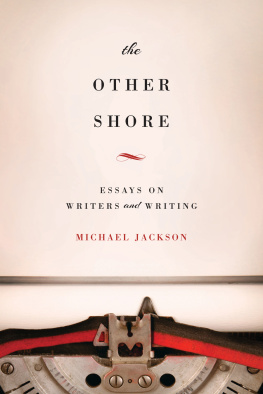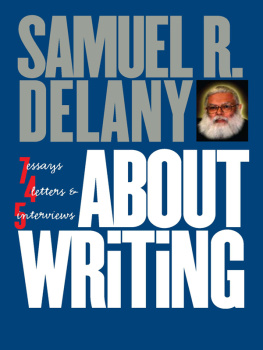ALSO BY SIRI HUSTVEDT
NOVELS
The Blindfold
The Enchantment of Lily Dahl
What I Loved
NONFICTION
Yonder
Mysteries of the Rectangle: Essays on Painting
POETRY
Reading to You
A PLEA FOR EROS: ESSAYS
Siri Hustvedt
PICADOR
HENRY HOLT AND COMPANY
NEW YORK
A PLEA FOR EROS. Copyright 2006 by Siri Hustvedt.
Living with Strangers 2002 by The New York Times Co.
Photograph of Franklin Pangborn courtesy of the Museum of Modern Art Film Stills Archive. Reprinted with permission.
All rights reserved.
Printed in the United States of America.
No part of this book may be used or reproduced in any manner whatsoever without written permission except in the case of brief quotations embodied in critical articles or reviews.
For information, address Picador, 175 Fifth Avenue, New York, N.Y. 10010.
Picador is a registered trademark and is used by Henry Holt and Company under license from Pan Books Limited.
For information on Picador Reading Group Guides, as well as ordering,
please contact Picador.
Phone: 646-307-5626
Fax:212-253-9627
E-mail: readinggroupguides@picadorusa.com
A Plea for Eros in Brick, 1997, reprinted in The Art of the Essay: The Best of 1999, edited by Philip Lopate, Random House, 1999; Gatsbys Glasses in Tributes: American Writers on American Writers, Conjunctions: 29, 1997; Franklin Pangborn: An Apologia in O.K. You Mugs: Writers on Movie Actors, edited by Luc Sante and Melissa Pierson, Granta Books, 1999; Eight Days in a Corset in Allure, 1996; Living with Strangers in the City Section of The New York Times, 2002; The Bostonians: Personal and Impersonal Words is an introduction to Barnes and Noble Classics edition of The Bostonians, 2005; Being a Man in Two Kingdoms: The Dualism Issues, Conjunctions: 41, 2003; One Year Later (an earlier version) in The Observer (London), 2002, and in Die Zeit (Germany), 2002; Extracts from a Story of the Wounded Self in Samliden (Norway), 2004; A Plea for Eros, Yonder, and Gatsbys Glasses were published in an earlier essay collection, Yonder, Henry Holt, 1998.
Library of Congress Cataloging-in-Publication Data
Hustvedt, Siri.
A plea for Eros : essays / Siri Hustvedt.1st Picador pbk. ed.
p. cm.
ISBN 0-312-42553-8
EAN 978-0-312-42553-1
I. Title.
PS3558.U813P58 2006
814.54dc22
2005044616
First Edition: January 2006
10 987654321
For my mother,
Ester Vegan Hustvedt
A PLEA FOR EROS
Yonder
1
MY FATHER ONCE ASKED ME IF I KNEW WHERE YONDER WAS. I said I thought yonder was another word for there. He smiled and said, No, yonder is between here and there. This little story has stayed with me for years as an example of linguistic magic: It identified a new spacea middle region that was neither here nor therea place that simply didnt exist for me until it was given a name. During my fathers brief explanation of the meaning of yonder, and every time Ive thought of it since, a landscape appears in my mind: I am standing at the crest of a small hill looking down into an open valley where there is a single tree, and beyond it lies the horizon defined by a series of low mountains or hills. This dull but serviceable image returns when I think of yonder, one of those wonderful words I later discovered linguists call shifterswords distinct from others because they are animated by the speaker and move accordingly. In linguistic terms this means that you can never really find yourself yonder. Once you arrive at yonder tree, it becomes here and recedes forever into that imaginary horizon. Words that wobble attract me. The fact that here and there slide and slip depending on where I am is some-how poignant, revealing both the tenuous relation between words and things and the miraculous flexibility of language.
The truth is that what fascinates me is not so much being in a place as not being there: how places live in the mind once you have left them, how they are imagined before you arrive, or how they are seemingly called out of nothing to illustrate a thought or story like my tree down yonder. These mental spaces map our inner lives more fully than any real map, delineating the borders of here and there that also shape what we see in the present. My private geography, like most peoples, excludes huge portions of the world. I have my own version of the famous Saul Steinberg map of the United States that shows a towering Manhattan; a shrunken, nearly invisible Midwest, South, and West; and ends in a more prominent California featuring Los Angeles. There have been only three important places in my life: Northfield, Minnesota, where I was born and grew up with my parents and three younger sisters; Norway, birthplace of my mother and my fathers grandparents; and New York City, where I have now lived for the past seventeen years.
When I was a child, the map consisted of two regions only: Minnesota and Norway, my here and my there. And although each remained distinct from the otherNorway was far away across the ocean and Minnesota was immediate, visible, and articulated into the thousands of subdivisions that make up everyday geographythe two places intermingled in language. I spoke Norwegian before I spoke English. Literally my mothers tongue, Norwegian remains for me a language of childhood, of affection, of food, and of songs. I often feel its rhythms beneath my English thoughts and prose, and sometimes its vocabulary invades both. I spoke Norwegian first because my maternal grandmother came to stay in Northfield before I had my first birthday and lived with us for nine months; but after she returned home, I began learning English and forgot Norwegian. It came back to me when I traveled with my mother and sister to Norway in 1959. During those months in Norway, when I was four years old and my sister Liv was only two and a half, we forgot English. When we found ourselves back in Minnesota, we remembered English and promptly forgot Norwegian again. Although the language went dormant for us, it lived on in our house. My parents often spoke Norwegian to each other, and there were words Liv and I and Astrid and Ingrid used habitually and supposed were English words but were not. For example, the Norwegian words for bib, sausage, peeing, and butt all submerged their English equivalents. Liv and I remember using these words with friends and how surprised we were to see their befuddled faces. The paraphernalia of infancy, of food, and inevitably the language of the toilet were so connected to our mother that they existed only in Norwegian. When I was twelve, my father, a professor of Norwegian language and literature, took a sabbatical year in Bergen, and Norwegian came back to me in a kind of flash. After that, it stuck. The speed with which we four sisters transferred our lives into Norwegian is nothing short of remarkable. During that year we played, thought, and dreamed in Norwegian.
I returned to Norway in 1972 and attended gymnasium in Bergen for a year. That time my family was not with me. I lived with my aunt and uncle outside the city and took the bus to school. Sometime during the initial weeks of my stay, I had a dream. I cannot remember its content, but the dream took place in Norwegian with English subtitles. I will always think of that dream as limbo. Its cinematic code expressed precisely my place between two cultures and two languages. But soon the metaphorical subtitles of my life disappeared, and I immersed myself in the dreams original language. It has now been twenty-three years since I really

